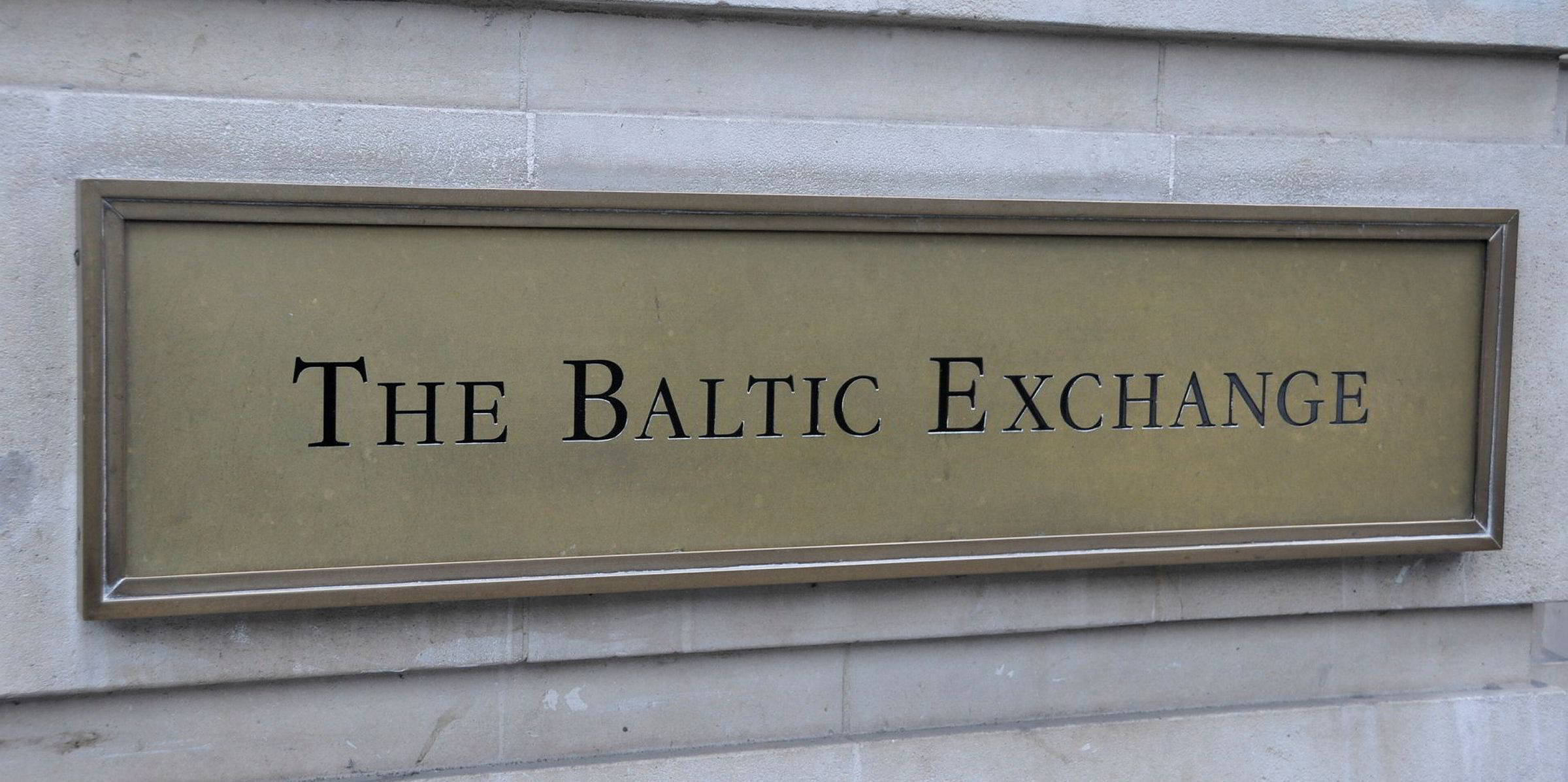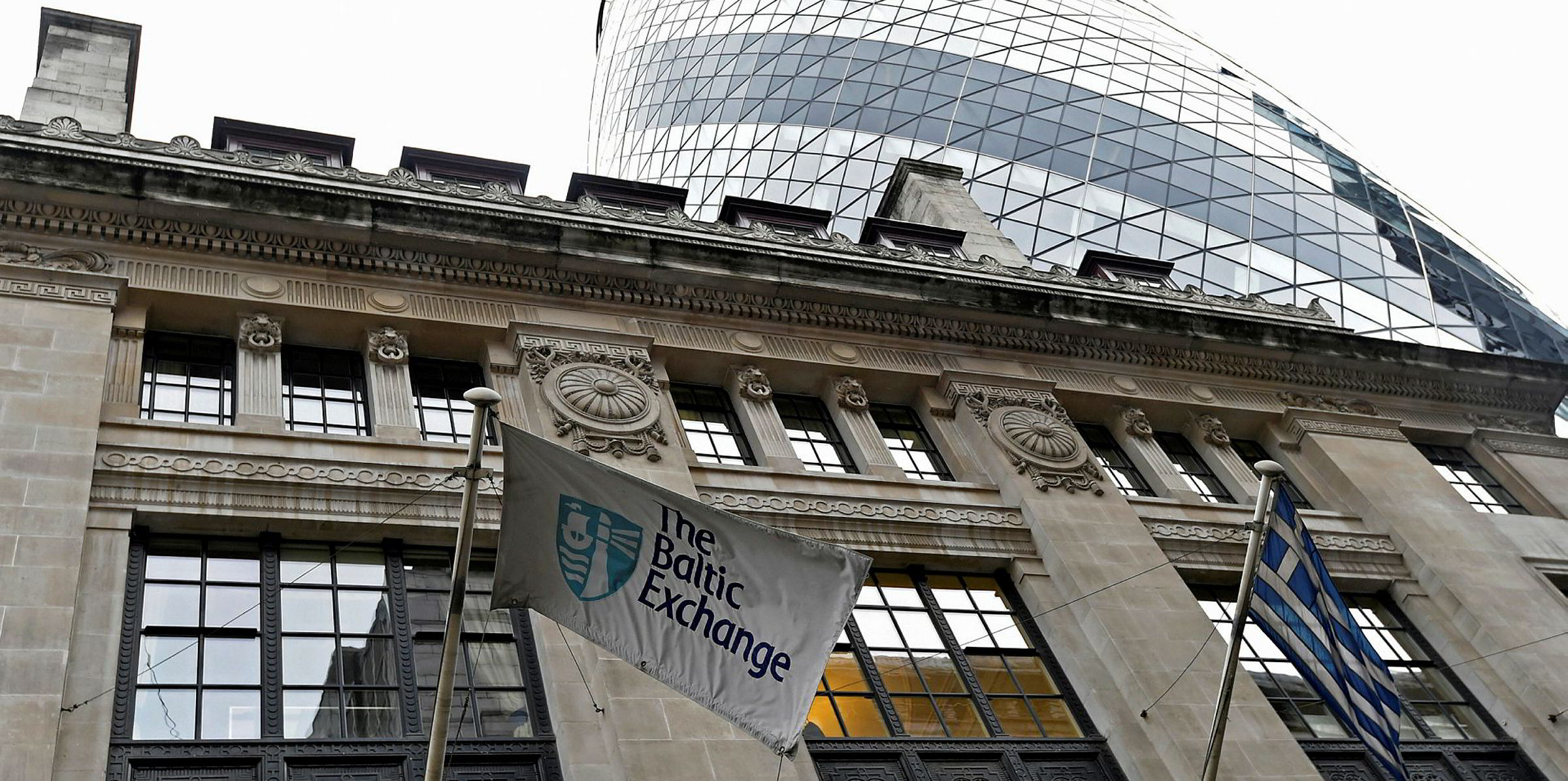The Baltic Exchange has come under fire from an anonymous Twitter account, which has accused the institution of manipulating its markets and rigging indices to benefit charterers.
It remains unclear as to whom the Twitter account belongs, but in various tweets ActionBaltic has said it does not trade and has denied being backed by FFA trader the Paralos Fund, which has previously criticised the Baltic over its IMO 2020 response plan.
“We argue that there is no transparency, no fairness and efficiency, and with the latest public and open-ended discourse on FFAs, that the BE is really affecting a $1 trillion market with systemic consequences,” ActionBaltic told TradeWinds by direct message on Twitter.
“Shipyards, creditors, bondholders, shareholders and other indices related to the [Baltic Dry Index] all get affected. The multiplier effect is enormous."
ActionBaltic has accused the Exchange of manipulating markets by announcing its preferred plan before the consultation on its IMO 2020 strategy had closed.
A spokesman for the Baltic firmly denied these accusations when contacted by TradeWinds.
“If this is a real complaint about the Baltic Exchange’s indices, then the individual or company behind the anonymous Twitter account, should in the first instance address them to the Baltic Exchange directly,” the spokesman said.
“Without a formal complaint, we cannot react to or investigate the issues raised. However, any allegation of market manipulation is firmly denied.
“The [Baltic Index Council] provides effective scrutiny of the Baltic on all aspects of its benchmark determination process in accordance with the IOSCO Principles of Financial Benchmarks and the Guide to Market Benchmarks.”
Tim Jones, chairman of Baltic panellist Barry Rogliano Salles, echoed this sentiment, calling ActionBaltic’s allegations “kind of ridiculous and from someone not really in the business as the logic is wrong”.
“The higher the market, the more we get paid. There is actually a bias this way, if any, but the real beauty of the broker indices is there are checks and counterweights,” Jones told TradeWinds by email.
“As I always say, it’s the best imperfect system.”




